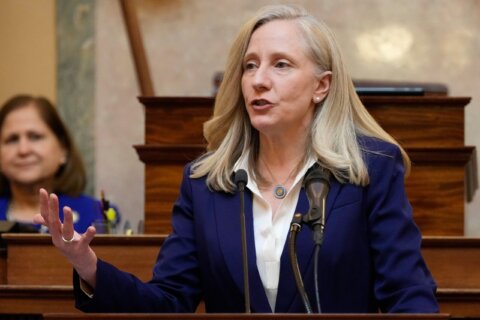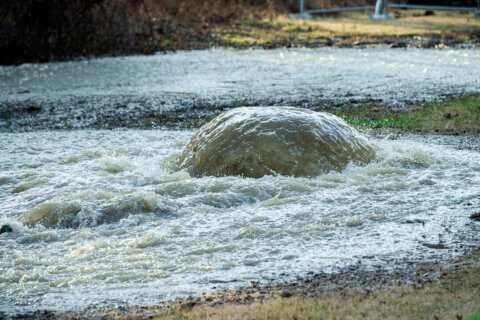Starting Friday, businesses in Virginia that want to deliver a cocktail to your door will need to have a new kind of liquor license and ensure their employees pass an online safety course.
The measure is part of legislation that was signed into law earlier this year by Virginia Gov. Glenn Youngkin and that goes into effect July 1. The legislation also extends the state’s pandemic-era “cocktails-to-go” policy, which allowed restaurants to sell alcoholic beverages for takeout through at least July 2024.
Overall, it’s one of five liquor-related laws going into effect at the beginning of next month, the Virginia Alcoholic Beverage Control Authority said in a statement Tuesday.
The new third-party delivery license requires delivery workers to pass an online training course on preventing underage drinking and promoting responsible drinking.
The third-party license is required for businesses to sell beverages for delivery. The license costs $2,500 for companies with 25 or fewer delivery workers, $7,500 for those with more.
Last year, a study group was formed to address safety concerns about the alcohol delivery program in Virginia and to develop the new licensing structure.
“We were pleased that state lawmakers took the two-pronged approach of continuing the cocktail-to-go privilege while also creating the license for third-party delivery entities to better assure safe and lawful delivery of alcohol,” Virginia ABC CEO Travis Hill said in a statement this month.
The beverage authority would continue to monitor alcohol delivery, Hill said, to determine whether further policy changes are required.
Another liquor-related law going into effect July 1 concerns new alcohol licenses for casinos to sell mixed beverages on premises.
Also going into effect July 1:
- Funding for Virginia distilleries to market their products (House Bill 20/Senate Bill 196).
- Increasing the amount of alcoholic beverages that a person may transport into Virginia from 1 gallon to 3 gallons (Senate Bill 325).
- Removing a sunset clause from the authorization for the sale of neutral grain spirits or alcohol up to a proof limit of 151 in ABC stories (Senate Bill 527).








